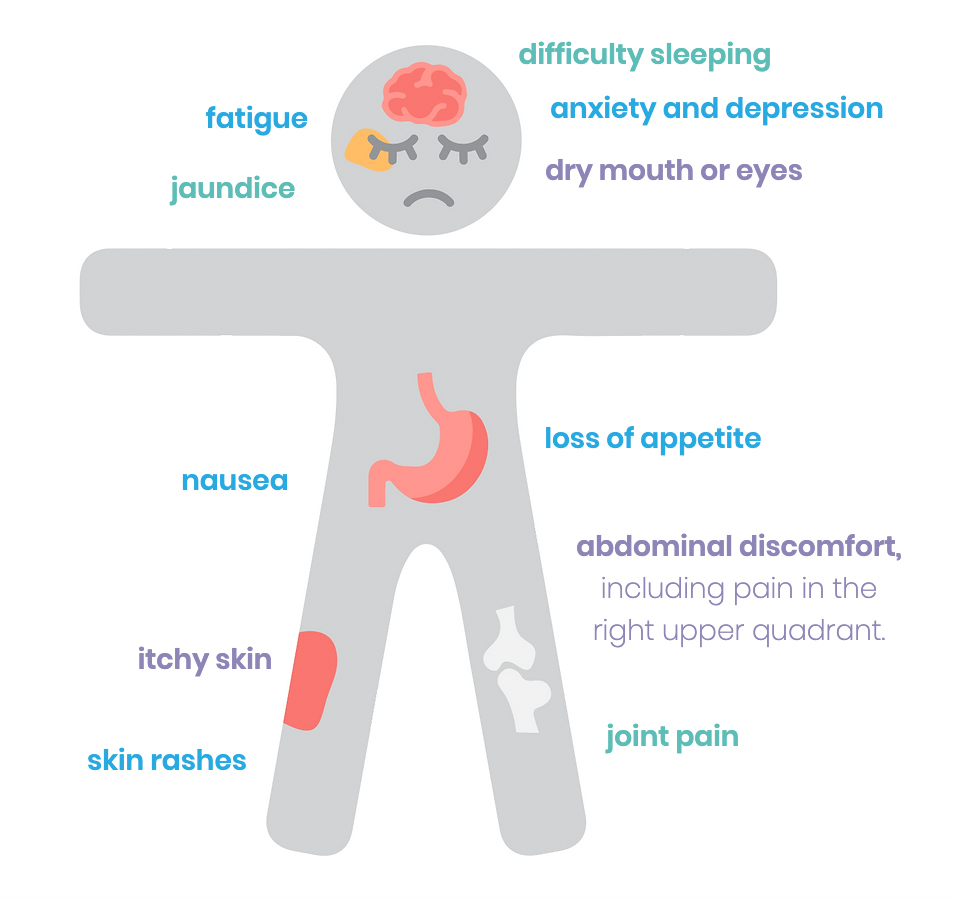What is AIH?
Autoimmune hepatitis (AIH) is a chronic disease that occurs when patients’ immune systems attack their livers and sometimes damage them. With treatment, most patients don’t need liver transplants and have normal life expectancies.
Causes.
AIH is caused by an overactive immune system that attacks normal liver cells because it mistakes them for foreign agents such as viruses or bacteria. It’s a rare autoimmune liver disease that affects all ages and ethnicities; however, it affects men and women disproportionately.

Learn more about the causes of autoimmune hepatitis.
Symptoms.
The initial and long-term symptoms associated with autoimmune hepatitis are commonly different among patients. There is a wide spectrum of complaints in patients with AIH. It remains unclear why these symptoms are present in some and not in others.

Learn more about autoimmune hepatitis symptoms.
Diagnosis.
A gastroenterologist or hepatologist typically diagnoses a patient with AIH based on a patient’s symptoms, a physical examination, blood tests, and a liver biopsy. Your primary care doctor may be the first to see you because of symptoms or abnormal liver tests.

Before a diagnosis of AIH is made, a hepatologist or gastroenterologist will rule out other causes of liver injury and may ask questions about alcohol and drug use including prescribed medications, vitamins, supplements, and recreational drugs to determine if these could have contributed to liver injury.
Learn more about an autoimmune hepatitis diagnosis.
Treatments.
Immunosuppressants decrease liver inflammation and help prevent additional liver damage by guarding against further destruction of liver cells. Once medication for AIH is started, liver tests typically return to normal within a few months.
Learn more about autoimmune hepatitis treatments.
